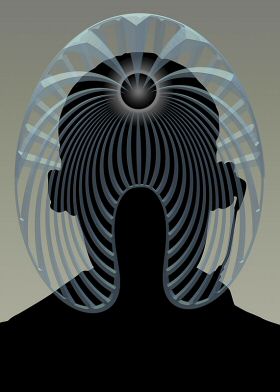
The radical notion that depression is caused by inflammation of the brain is gaining traction in neuroscience circles and has prompted some Swedish researchers to look more closely at the biochemistry of those who have made violent suicide attempts to try and identify a biochemical marker to identify potential suicides.
The brain inflammation theory directly challenges the prevalent view that depression is only due to a lack of the brain chemicals serotonin and noradrenaline. “Current serotonin-based medication cures far from all of the patients treated. We believe that inflammation is the first step in the development of depression and that this in turn affects serotonin and noradrenaline,” explains researcher Daniel Lindqvist, from the Psychoimmunology Unit at Lund University.
Lindqvist and co-researcher Lena Brundin are now getting ready to conduct a treatment study based on the inflammation-cytokine theory. Depressed patients will be treated with anti-inflammatory medication in the hope that their symptoms will be reduced.
Interestingly, the inflammation theory of depression leads to the possibility that depression is contagious. The researchers posit that influenza, or an auto-immune disease such as rheumatism, or a serious allergy that leads to inflammation in the body; could trigger depression. They add that a certain genetic vulnerability is probably also required, that is, certain gene variants that make some people more sensitive than others.
Related:
Markedly higher risk of suicide in men with low IQ scores
Pollutants Linked To Suicide Rate?
Biological Cause For Body Dysmorphic Disorder?








Comments are closed.